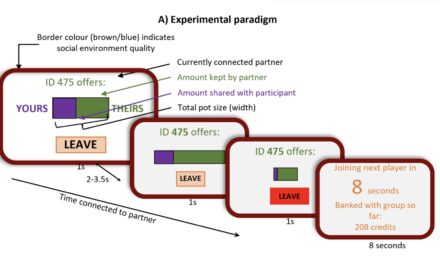Few challenges are more exasperating for parents than managing children who are picky eaters. From the constant refusals of vegetables to an unwavering preference for a select few meals, mealtime can quickly become a battlefield. However, a groundbreaking study suggests that the roots of food fussiness may lie not solely in parenting practices but significantly in genetics.
Conducted by University College London (UCL), King’s College London, and the University of Leeds, this research sheds new light on the genetic underpinnings of picky eating. The study, which focused on twin children in England and Wales aged 16 months to 13 years, reveals that genetic factors play a far more critical role in food preferences than previously recognized.
Genetic Insights from Twin Studies
Funded by MQ Mental Health Research, the study tracked the eating habits of twins over time, offering a unique perspective on how these behaviors develop. The findings were striking: food fussiness remained relatively stable, peaking around age seven. At just 16 months, genetic differences accounted for 60% of the variation in food fussiness, a figure that rose to over 74% by ages three to 13. This trend underscores the increasing influence of genetics as children grow.
While environmental factors, such as the types of food available at home, played a role during early toddlerhood, their significance diminished as children entered school and began to shape their preferences through social interactions.
Picky Eating is Innate, Not a Choice
Dr. Zeynep Nas from UCL’s Behavioural Science & Health department emphasized that food fussiness is not merely a phase children will outgrow. “Our study shows that fussy eating is largely innate and may follow a persistent trajectory,” she noted. This finding provides reassurance to parents who might feel guilty about their child’s eating habits, highlighting that fussiness is often a natural developmental phase.
Understanding Food Preferences
Utilizing data from the UCL-led Gemini study, which involved 2,400 twin pairs, researchers compared eating behaviors between identical twins (who share 100% of their genes) and non-identical twins (who share only 50%). The results revealed a stronger genetic influence among identical twins, underscoring the depth of genetic factors in shaping food preferences.
Environmental Influences on Picky Eaters
Professor Clare Llewellyn from UCL acknowledged the importance of environmental factors, particularly during toddler years. Shared experiences, like family meals, significantly influenced early eating habits but became less impactful as children matured and formed their own preferences influenced by peers.
Implications for Parents and Caregivers
Although the study has limitations, including a lack of ethnic and socio-economic diversity, it provides critical insights into the development of food fussiness. Dr. Alison Fildes from the University of Leeds reassured parents that while genetics play a strong role, these eating habits are not set in stone. “Parents can continue to offer a variety of foods, as social settings and peer influences will increasingly shape preferences in adolescence.”
The discovery that food fussiness is largely genetic may comfort parents who have long questioned whether their child’s picky eating is a result of their parenting choices. Nonetheless, encouraging a diverse diet remains essential for helping children develop healthier eating habits.
This study is published in the Journal of Child Psychology and Psychiatry, marking a significant contribution to our understanding of childhood eating behaviors.











